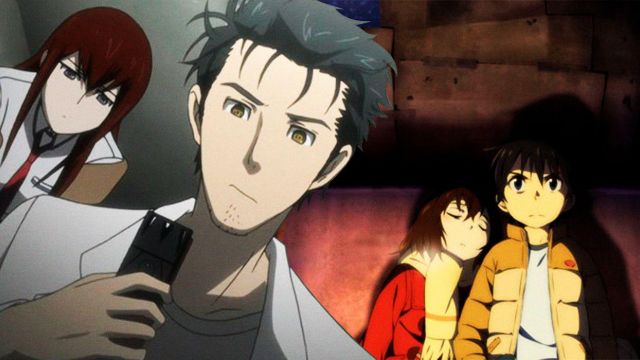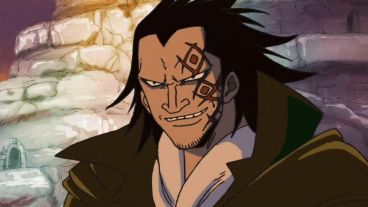With good reason, the opening and last episodes of any given series receive a lot of attention from the anime community. While the finale must either end the story on a satisfying note or in a way that makes viewers eager for the next season, the debut must be captivating enough to draw a consistent audience.
While some truly amazing anime, like Steins;Gate or Fullmetal Alchemist: Brotherhood, have had mediocre or slow starts, a poor conclusion might cause viewers to retroactively despise everything that came before it. In other words, an anime can recover from a weak or underdeveloped beginning, but it's much harder for a series to maintain its popularity after a disappointing conclusion.
Gorgeous Anime with a Negative Ending: Erased
Erased instantly comes to mind when considering an anime with a conclusion that the audience genuinely detested. The show centers on Satoru Fujinuma, a pizza delivery man in his late 20s who travels back in time eighteen years in order to solve the mystery of who killed his friends and why.
While the manga and the majority of the anime’s run-time are generally lauded in the community as a moving, occasionally heartbreaking storyline with lovable characters, the ending is considered among the most divisive in all of anime. The show's final two episodes reveal that Mr. Yashiro, Satoru’s homeroom teacher, was the man behind the killings of his mother and his close friend Kayo, among others, and Satoru is finally able to stop him as an adult.
The reveal of Yashiro as the killer isn’t the major problem with the ending. The issue is that his motive is weak, and his ways of going about the final confrontation with Satoru are extremely underwhelming and rushed. The Erased manga develops the reveal much further, whereas the anime spent a lot more time focusing on the relationship between Kayo and Satoru in its limited twelve-episode runtime. By cramming most of the narrative's climax into such a short time frame with little cohesive motive for the killer, Erased alienated a lot of fans in the community. Despite it being an otherwise excellent series, this show is a clear example of how bad endings can really ruin an anime's reputation.
A slow start to an anime can always be overcome, as Steins;Gate demonstrated
On the flip side, many anime can flounder the first episode in some way without alienating potential viewers. This seems to suggest a series can outgrow a bad premiere, and it makes sense that audiences are willing to wait a show out and give it a chance to grow before the story has reached most of its action or serious plot developments. Whereas a bad ending can make a viewer wonder why they bothered watching a particular series, a poor start can be mended through a good middle and ending.
The widely acclaimed Steins; Gate never really had a "bad episode", and is among some of the most emotional and surprising anime in the entire medium. Though its first episode isn't bad or poorly done in any way, it does meander a bit, and the premise is confusing even for a mystery series. At the same time, millions of anime fans pushed through that initial confusion to get to the climactic action of Episode 12. There, the audience finally gets the full scope of everything that has been happening with time travel throughout the narrative, all in a satisfying and perfectly-paced manner.
Had Steins;Gate ended in a slow or overly-confusing way, fans would probably be upset at putting so much time into a show that didn't resolve in a satisfying or interesting way. But because the plot starts slowly and builds to a nail-biting finale, people were willing to give it a chance. Now, Steins;Gate remains among the most beloved anime of all time.
Every anime should, in theory, have a strong opening and climax that pleases and appeases its viewership. This isn't always achievable, and it's sometimes difficult to determine if a poor beginning or end is worse. But it's obvious that a weak conclusion has a greater negative impact on a series' reputation among viewers than a weak premiere. After a weak first episode, an anime may always use the next episodes to make up for it, but after a weak finale, there is rarely a second chance.






